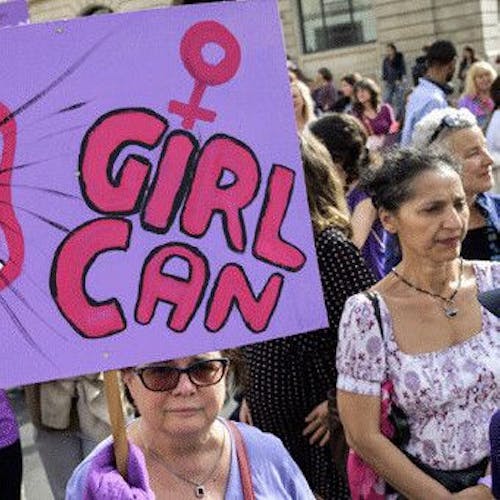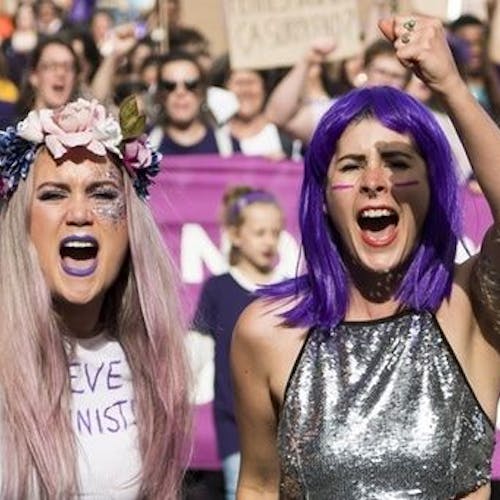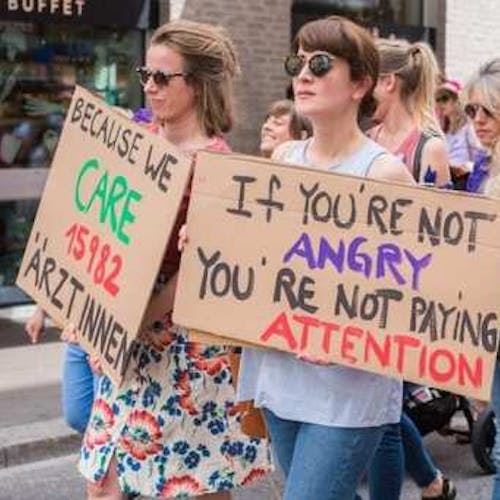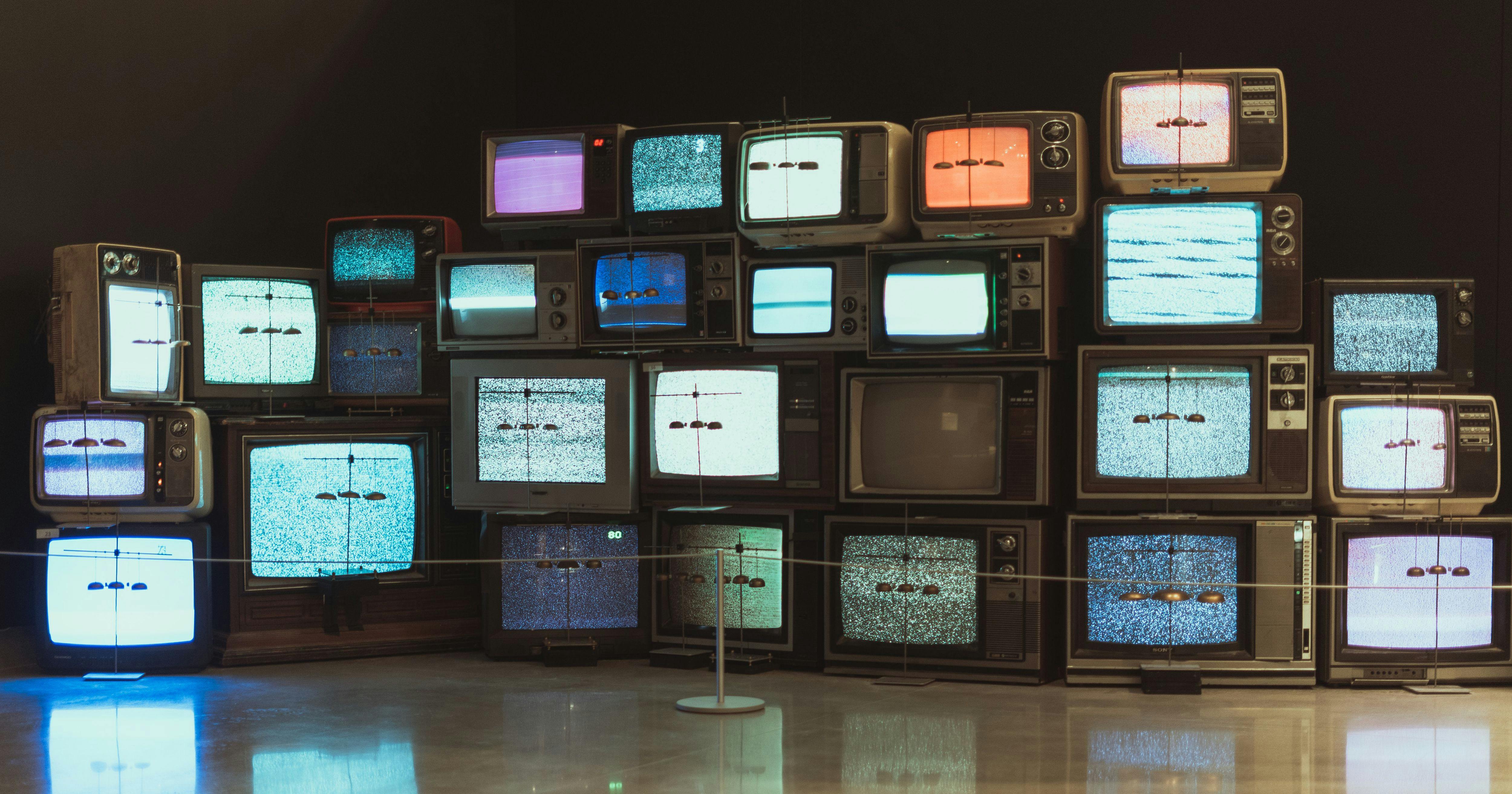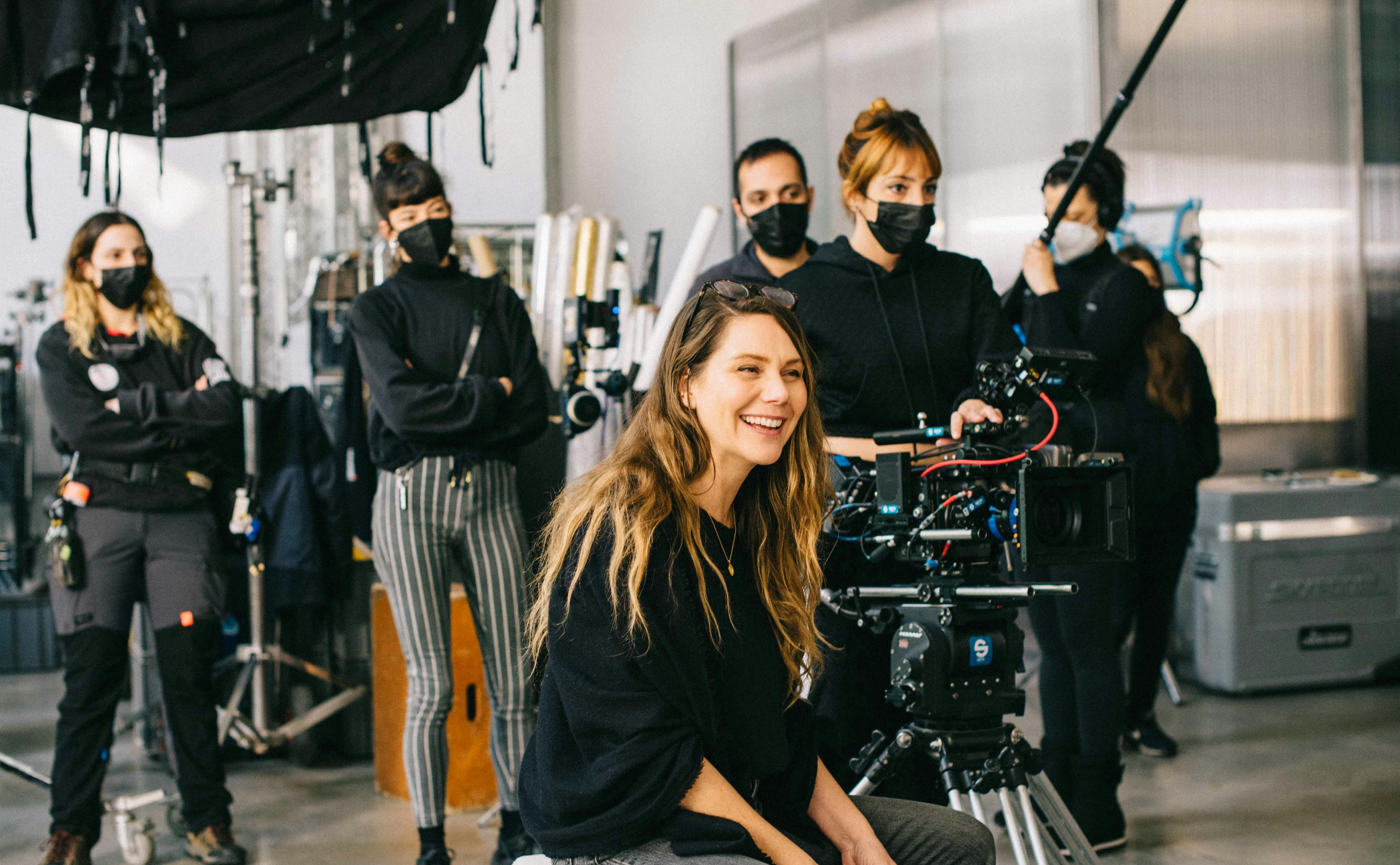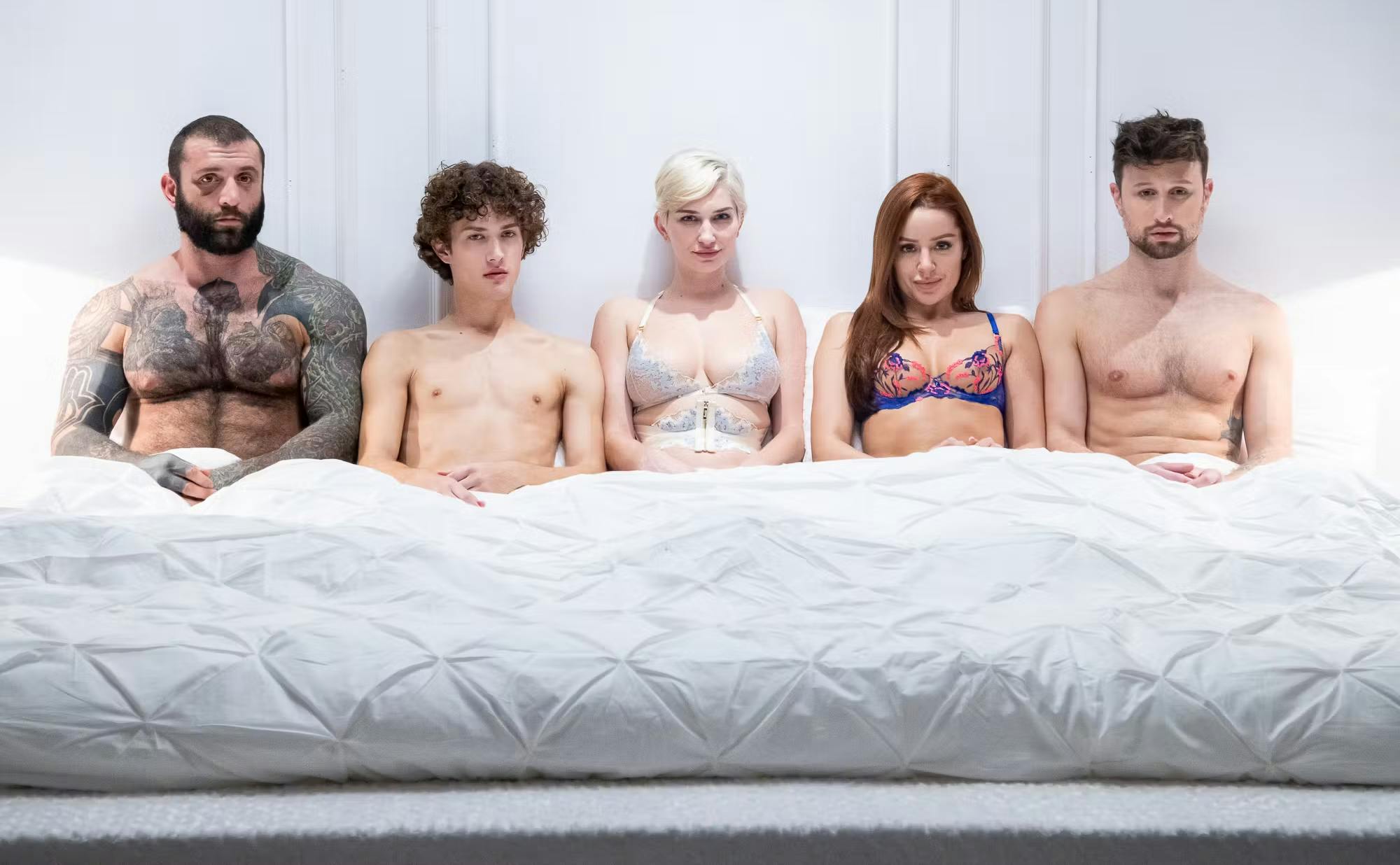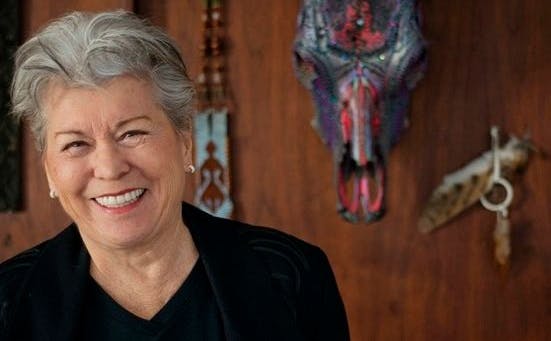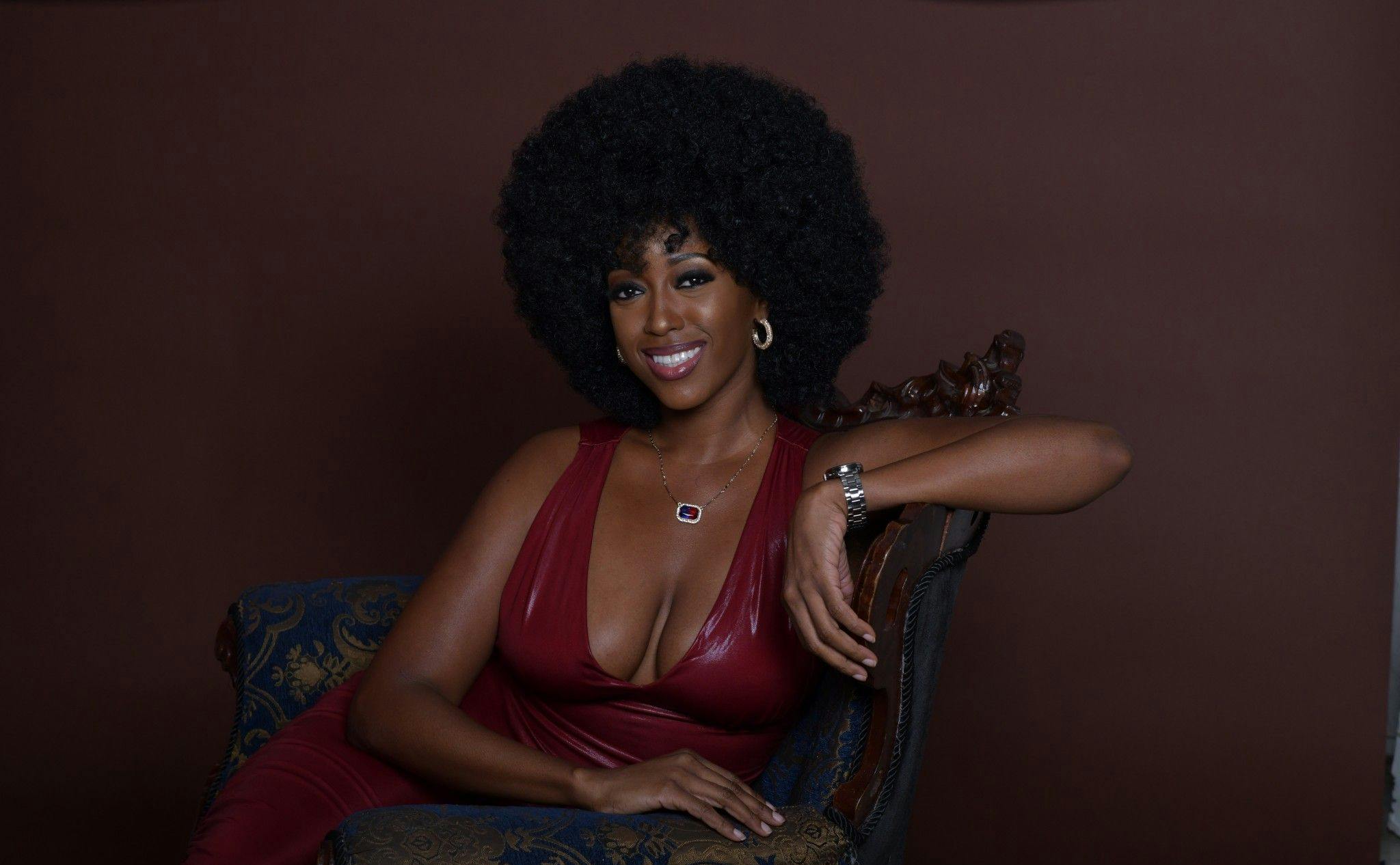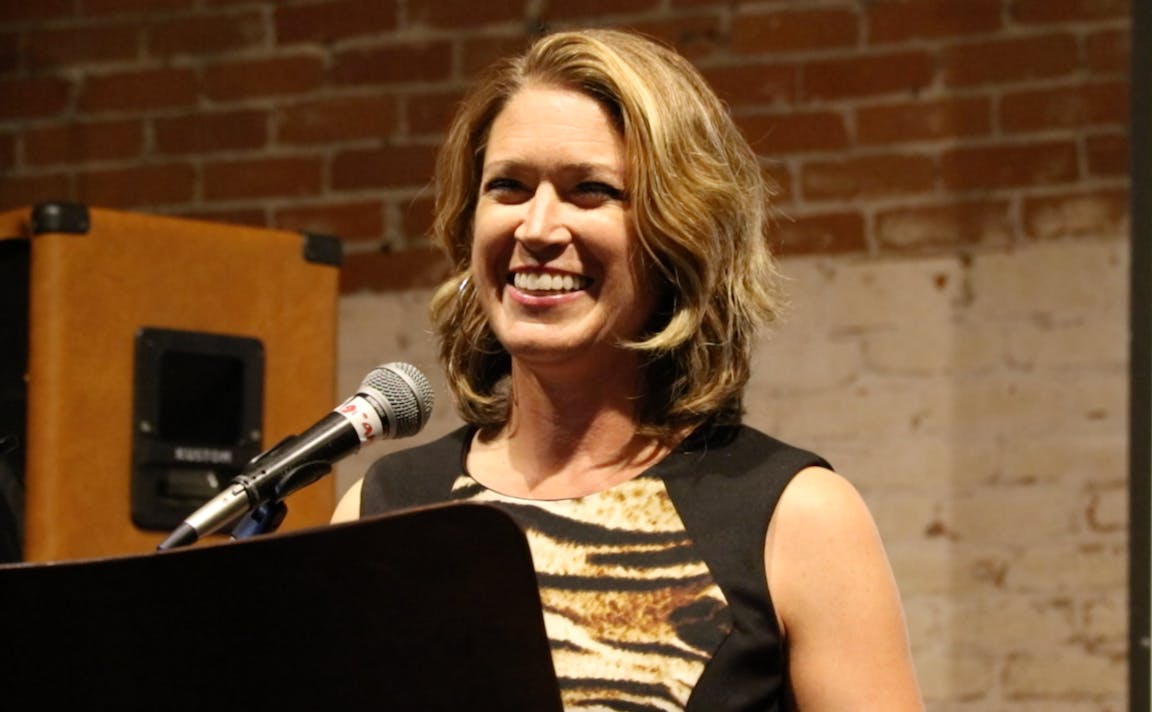Porn and Gender Studies: a Story of Ambivalence
Porn and Gender Studies: a Story of Ambivalence
The relationship between Gender Studies and pornography was and still is a complicated one. My interaction with both of these fields gave me insight into ongoing and conflicted debates about porn in academic and professional settings. Let me tell you in this article about the points of conflict I came across while studying Gender Studies and beginning an internship at Erika Lust Films.
I first got in touch with ethical porn and its debates when I began to study Gender Studies and Philosophy at the University of Basel. At about the same time, on the 14th of June in 2019, a historical feminist strike took place in Switzerland: over half a million participants went out onto the streets, demanding gender equality and protesting against its slow advances in Swiss politics. With other students, we were involved in this big happening that led to discussions about all sorts of feminist issues, including porn.
But not only in this activist setting, debates about porn came up. I remember discussing the feminist sex wars of the 80s in one of my first philosophy seminars. We read about radical feminist Catharine MacKinnon's view on pornography, in which she argues that pornography contributes to attitudes of subordination, violence, and discrimination towards women. She was one of the feminists who wanted to illegalize pornography. Speaking about porn that contains sexist images, harassment, or rape, a standpoint like MacKinnon's makes a lot of sense. But luckily, there are many ways to theorize and do porn.
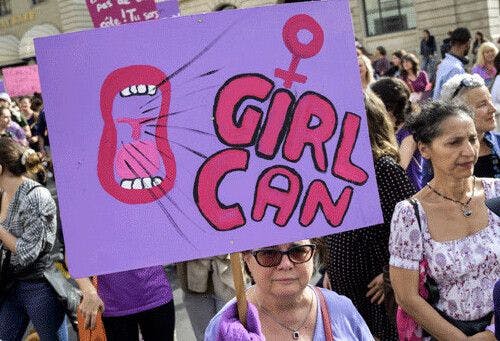
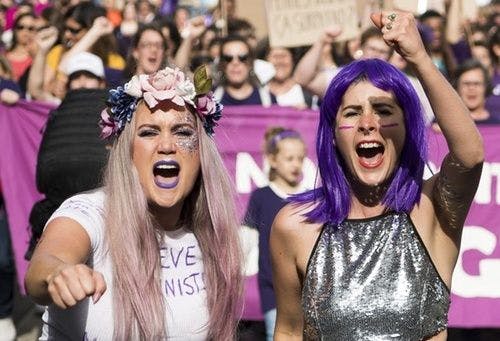
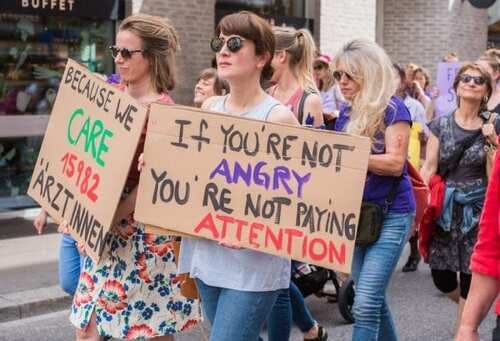
Learning about sex-positive approaches to pornography and seeing ethical porn on screen has shown me that a lot of pleasure can come from filming and consuming explicit scenes.
I believe that this vision on porn and sexuality has positively influenced me and my surroundings.
My friends and I began to speak more openly about sex, body image, consent… and various related topics that needed to be addressed, especially after a rather heteronormative and patriarchal upbringing.
Unfortunately, the equation of porn = violence still seems to be in many people's minds, especially in older generations. In the process of applying and beginning my internship at Erika Lust Films, I encountered many anxieties and prejudices toward the porn industry - even in the Gender Studies Department, where I didn't expect it. Believing that my internship at Erika Lust Films is obviously related to my Studies, I got confronted with a contrary view. My university refused to accept this internship as a part of my curriculum. They were worried about my integrity as an intern in this company, and they doubted that the porn movies produced by Erika Lust Films were legal. Besides that, they didn't see a connection between my internship and the topic of Gender Studies. Ironically, Erika Lust and also other people from the company have a background in Gender Studies as well.
As I can see, the feminist sex wars don't seem to be over. I’m glad that, at least, there are debates about pornography in universities. But in my opinion, accepting or even encouraging students with a Gender Studies background to work in the porn industry is a step that needs to be done too. Let me explain why I believe so.
Since we live in a digital and image-based society, images in media are powerful. What we see in pictures, movies, and porn videos has a great influence on ourselves.
How we identify, how we relate to each other, how we see our body and how we live our sexuality is shaped by the images we consume. The importance of representations in image-based media and ways to analyze them is a crucial theme in Gender Studies because interactions with images play an important role in learning behaviors like gender roles, the development of gender identities, as gender-based violence and discrimination.
We all have pictures in mind of, for example, the looks and the roles women are expected to live up to, because they’re everywhere, and they’re powerful. The same goes for porn: the sexual performances and interactions people have learned often come from the porn they’ve seen. You don’t need to consume porn often to feel the real-life impact of these images. So, if there is only porn to be found that shows off women as submissive objects for men’s pleasure, chances are that you won’t develop a very pleasure-friendly sexual life.
In that sense, not only words are a part of the debate about porn. What is happening on the screen can be seen as a language and a discussion, too. Stories and narratives are ways of communicating how relationships, identities, and sexuality can be lived. And as it is true for almost everything, we cannot leave this dialogue in the hands of misogynists. Because if we do so, of course, porn contributes to sexism. But at the same time, and especially because of the power of an image, porn can have a huge liberatory potential: it just needs to be done in another way. Feminists, people with a background in Gender Studies, or with an awareness of these issues will have a greater knowledge about what is needed to be shown for things to change.
We need to be part of the debate that is going on in the narratives on screen, so that we can see images that contribute to what we want to see more of: plural ways of living sexuality, the variety of ways to relate to others, and ourselves, pleasurable sex lives and body images… the list goes on. Seeing the broad diversity of lived sexualities, gender identities, and bodies on screen will normalize what has been stigmatized or left out. Things like the female orgasm or queer sex need a good visual representation for them not to remain rare treasures in real life as well. In that sense, porn is educational, especially for teens, but not only: it’s how many of us learn about their sexual behavior. So, pleasure and content-focused pornography that shows all sorts of sexual encounters is of great importance; sexuality is such a diverse sphere that almost everybody will profit from a wider depiction of it. I believe that not only will this have a liberatory effect on (sexually) oppressed groups but on everyone!
It is very unlikely that everyone is pleased by straight sex like it is scripted in mainstream porn movies… So, in the end, it’s not only about gender politics. It’s about pleasure.
Sources
Catherine MacKinnon: Sexuality, Pornography, and Method: “Pleasure under Patriarchy”. In: Ethics 99.2 (1989), 314-346
Articles about the strike
Swiss Women Strike Nationwide to Protest Inequalities
"Thousands of women rallied across Switzerland on Friday, railing against the slow pace of correcting inequalities between the sexes."
Swiss women strike for equal pay again, three decades on
"Women in Switzerland on average still make 20 percent less than men.
And for men and women with equal qualifications, the wage gap remains nearly eight percent, according to the national statistics office"

GET A FREE MOVIE

